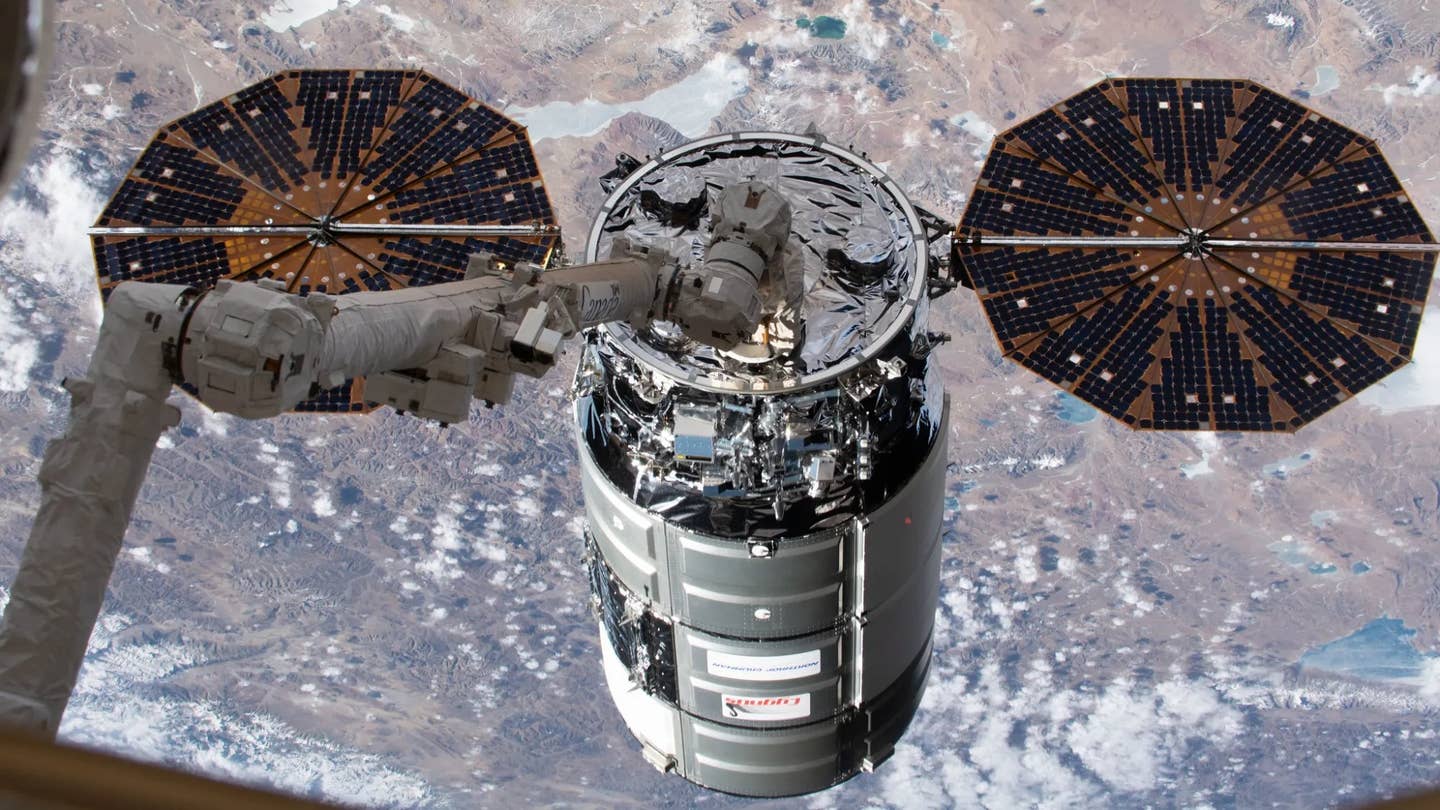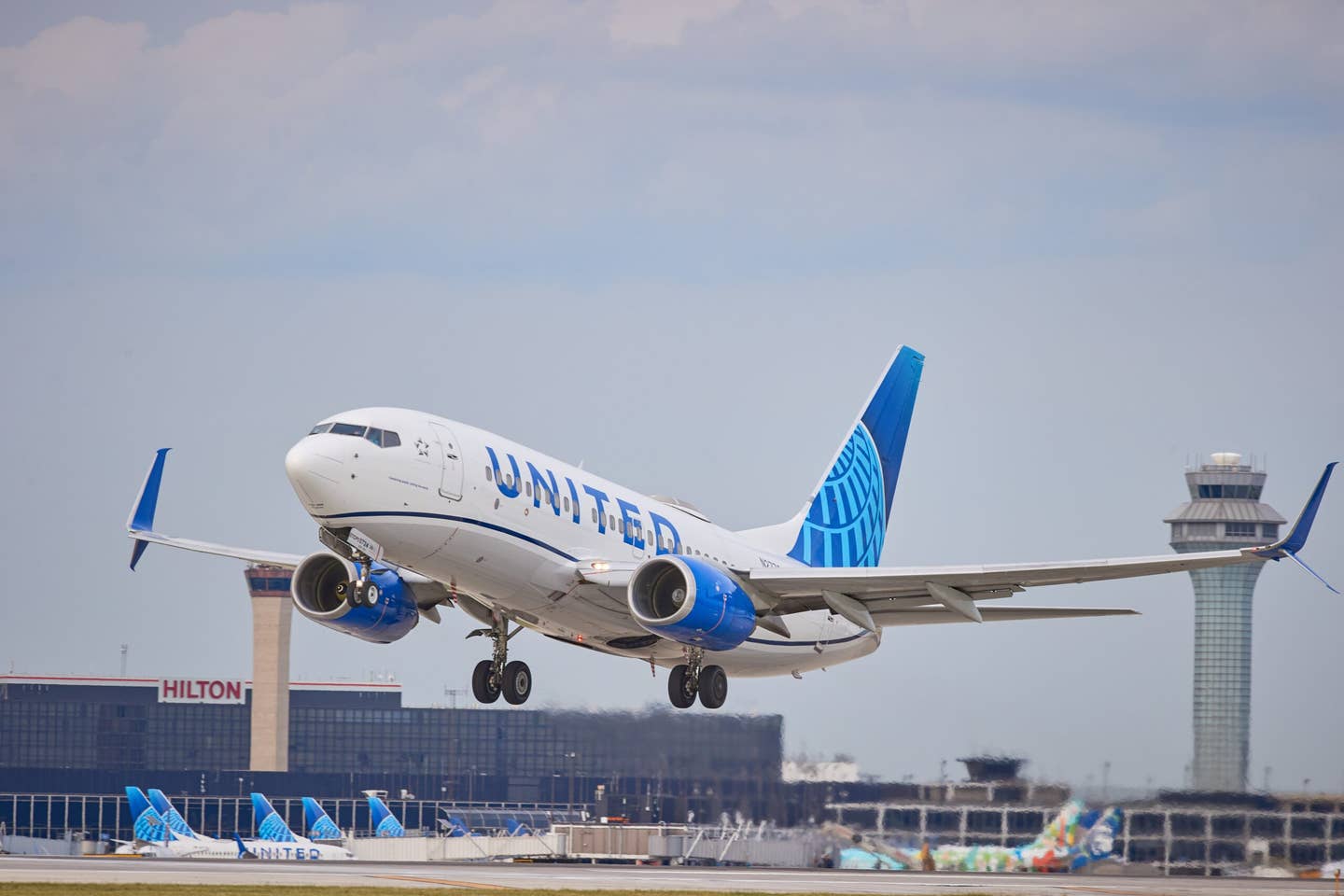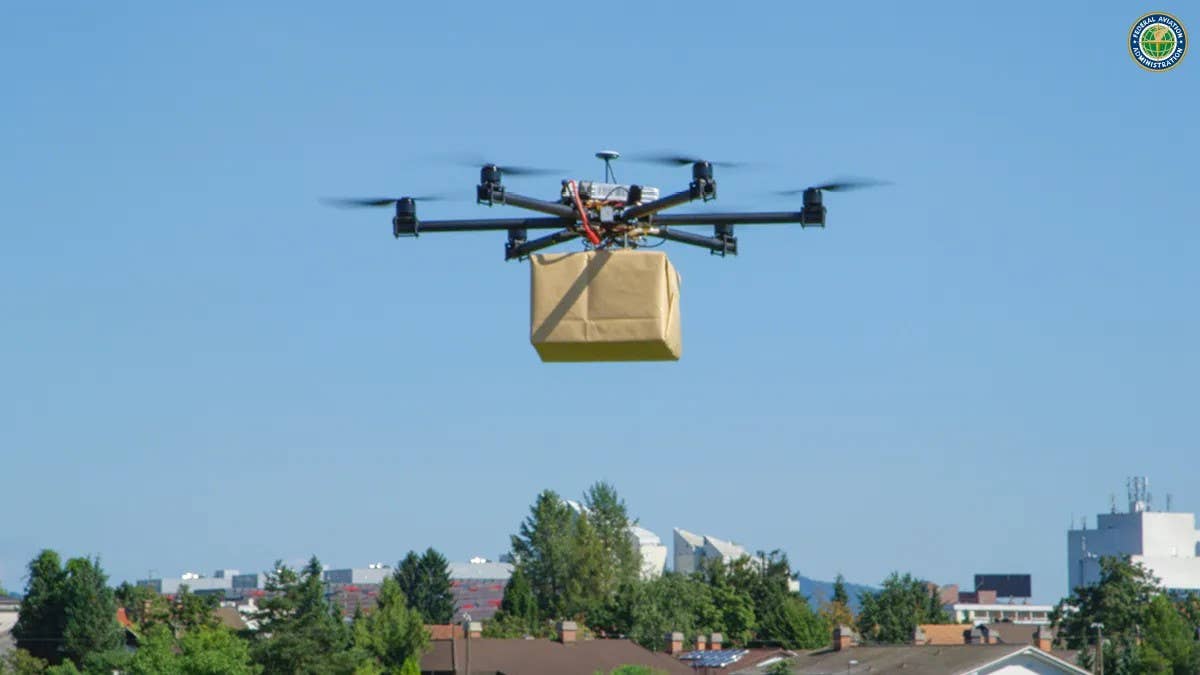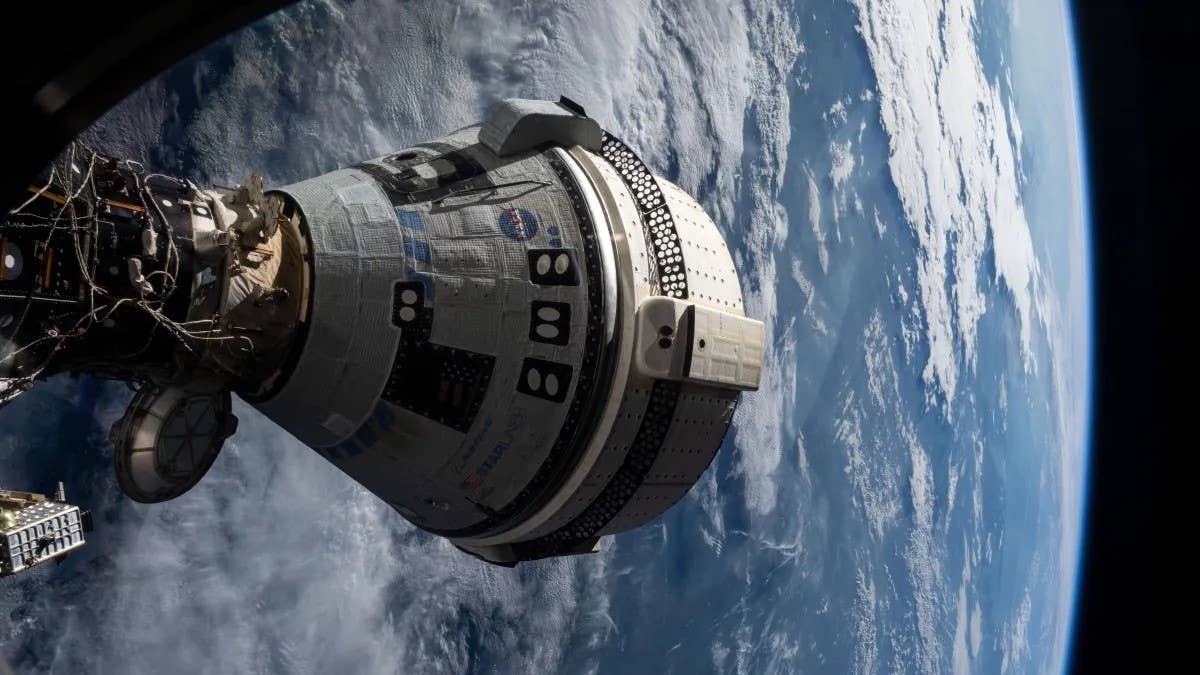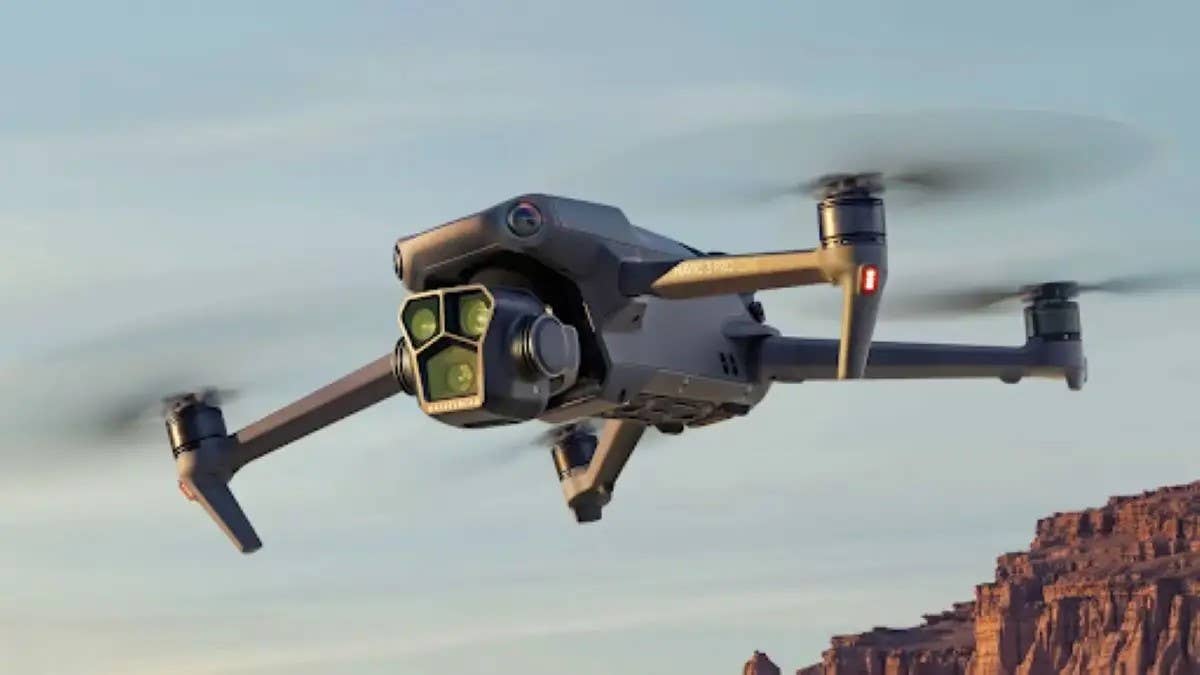Eve Air Mobility Electric Air Taxi Receives Proposed Airworthiness Criteria
The Brazilian manufacturer, a subsidiary of Embraer, achieved a key milestone in its path to type certification.

A digital rendering of Eve Air Mobility’s eVTOL air taxi design. [Courtesy: Eve Air Mobility]
An electric vertical takeoff and landing (eVTOL) air taxi planned to touch down in South Florida in 2026 is ramping up toward certification.
Brazil-based Eve Air Mobility, a subsidiary of aerospace manufacturing giant Embraer, on Wednesday announced that the country’s National Civil Aviation Agency (ANAC) released proposed airworthiness criteria for its EVE-100 model.
Obtaining airworthiness criteria—a milestone achieved by American eVTOL manufacturers Archer Aviation and Joby Aviation late last year—is a crucial step along the path to type certification. Eve’s criteria include ANAC’s proposed requirements for how the air taxi is designed and operated, as well as a few specifications the company would be left to determine.
The public will be able to comment on the proposed guidelines until mid-February. After that, ANAC will analyze the feedback and may make a few tweaks to the criteria before publishing Eve’s final certification basis.
“The opening for public comments contributes to the alignment of the certification basis within the industry and among different certification authorities,” said Luiz Valentini, chief technology officer of Eve. “This is in line with Eve’s path of having the vehicle type certificate issued by ANAC, as the primary certification authority, and validated by other authorities around the world, where the eVTOL will be operated.”
One of those authorities is the FAA, with which Eve formalized a type certificate validation earlier this year. The manufacturer said it is actively working toward concurrent validation, which would allow it to fly air taxis in the U.S. shortly after receiving the green light from ANAC.
Eve is in the process of securing the Brazilian regulator’s “special class category” type certificate. As is the case in the U.S., airworthiness criteria are one of the first steps in that process: They specify ANAC’s requirements for aircraft flight, operations, design, structures, power systems, and more.
Once the public has the opportunity to share feedback and the air taxi’s certification basis is finalized, Eve will switch gears to focus on means of compliance, another key step. These will outline how the manufacturer plans to demonstrate EVE-100 adheres to the airworthiness requirements from ANAC.
As of November, Eve is aiming to certify its design and launch flights for paying customers in 2026. The manufacturer expects the air taxi to fly worldwide, having agreed orders or launch partnerships with companies on six continents.
The 100 percent electric design is built to fly up to four passengers and a pilot on 60 sm (52 nm) air taxi routes in and around major cities. While it will be piloted at launch, Eve expects to convert to uncrewed operations in the future, which would free up the cabin for as many as six passengers.
The aircraft uses a lift-plus-cruise configuration, which means no moving parts during flight, unlike the tiltrotor designs of Archer, Joby, and other eVTOL manufacturers. Instead, fixed wings will carry it during cruise, while eight electric rotors and propellers handle the heavy vertical lifting. An electric pusher powered by dual electric motors will add redundant propulsion, as well as improved performance, safety, thrust, and operating costs, Eve says.
Electric propulsion helps keep the air taxi’s noise footprint low—up to 90 percent lower compared to equivalent rotorcraft, Eve claims. The company also says it will offer best-in-class prices for an eVTOL, with per-seat costs six times lower than helicopters.
Earlier this year, Eve and Embraer announced the site of Eve’s first eVTOL production facility in Taubaté, Brazil, where the company has begun assembling its first full-scale prototype. It’s expected to begin a test campaign next year. The firm has also announced several suppliers of components and systems as it ramps up development.
Wednesday’s news comes on the heels of a deal Eve agreed with UrbanX Air, a UAM subsidiary of Global Crossing Airlines Group formed last month. Per the agreement, the firms plan to launch electric air taxi flights across South Florida, including the Miami metro area, in 2026. The partnership follows an agreement with GlobalX, an airline operated by Global Crossing, for the purchase of 200 aircraft, with the first 10 deliveries expected that same year.
Elsewhere in the U.S., Eve plans to fly air taxi routes in San Francisco through an agreement with United Airlines. The manufacturer has further partnerships with Blade Urban Air Mobility to launch routes in South Florida, Republic Airways to fly over Northeast cities such as Boston, New York, and Washington, D.C., and SkyWest to roll out service nationwide.
Beyond those partnerships, Eve has orders and launch partners around the world, including in France, Scandinavia, Kenya, Australia, the United Arab Emirates, its home country Brazil, and elsewhere in Latin America.
Like this story? We think you'll also like the Future of FLYING newsletter sent every Thursday afternoon. Sign up now.

Subscribe to Our Newsletter
Get the latest FLYING stories delivered directly to your inbox

